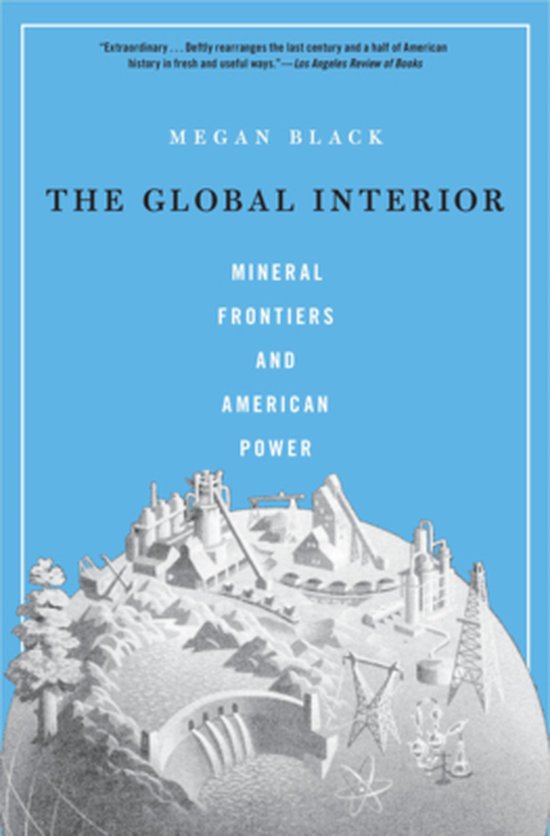The global interior

2 - 3 weken
Megan Black argues that the U.S. Department of the Interior, known for managing domestic natural resources and operating public parks, constantly supports and projects American power abroad. In the guise of sharing expertise globally, Interior has helped the U.S. maintain key benefits of empire without the burden of playing the imperialist villain.
Winner of the George Perkins Marsh Prize
Winner of the Stuart L. Bernath Prize
Winner of the W. Turrentine Jackson Award
Winner of the British Association of American Studies Prize
“Extraordinary…Deftly rearranges the last century and a half of American history in fresh and useful ways.”
—Los Angeles Review of Books
“A smart, original, and ambitious book. Black demonstrates that the Interior Department has had a far larger, more invasive, and more consequential role in the world than one would expect.”
—Brian DeLay, author of War of a Thousand Deserts
When considering the story of American power, the Department of the Interior rarely comes to mind. Yet it turns out that a government agency best known for managing natural resources and operating national parks has constantly supported America’s imperial aspirations.
Megan Black’s pathbreaking book brings to light the surprising role Interior has played in pursuing minerals around the world—on Indigenous lands, in foreign nations, across the oceans, even in outer space. Black shows how the department touted its credentials as an innocuous environmental-management organization while quietly satisfying America’s insatiable demand for raw materials. As presidents trumpeted the value of self-determination, this almost invisible outreach gave the country many of the benefits of empire without the burden of a heavy footprint. Under the guise of sharing expertise with the underdeveloped world, Interior scouted tin sources in Bolivia and led lithium surveys in Afghanistan. Today, it promotes offshore drilling and even manages a satellite that prospects for Earth’s resources from outer space.
“Offers unprecedented insights into the depth and staying power of American exceptionalism…as generations of policymakers sought to extend the reach of U.S. power globally while emphatically denying that the United States was an empire.”
—Penny Von Eschen, author of Satchmo Blows Up the World
“Succeeds in showing both the central importance of minerals in the development of American power and how the realities of empire could be obscured through a focus on modernization and the mantra of conservation.”
—Ian Tyrrell, author of Crisis of the Wasteful Nation
- 1 Bekijk alle specificaties



Taal: en
Bindwijze: Paperback
Oorspronkelijke releasedatum: 15 februari 2022
Aantal pagina's: 360
Illustraties: Nee
Hoofdauteur: Megan Black
Hoofduitgeverij: Harvard University Press
Product breedte: 156 mm
Product lengte: 235 mm
Studieboek: Nee
Verpakking breedte: 138 mm
Verpakking hoogte: 30 mm
Verpakking lengte: 212 mm
Verpakkingsgewicht: 374 g
EAN: 9780674271197